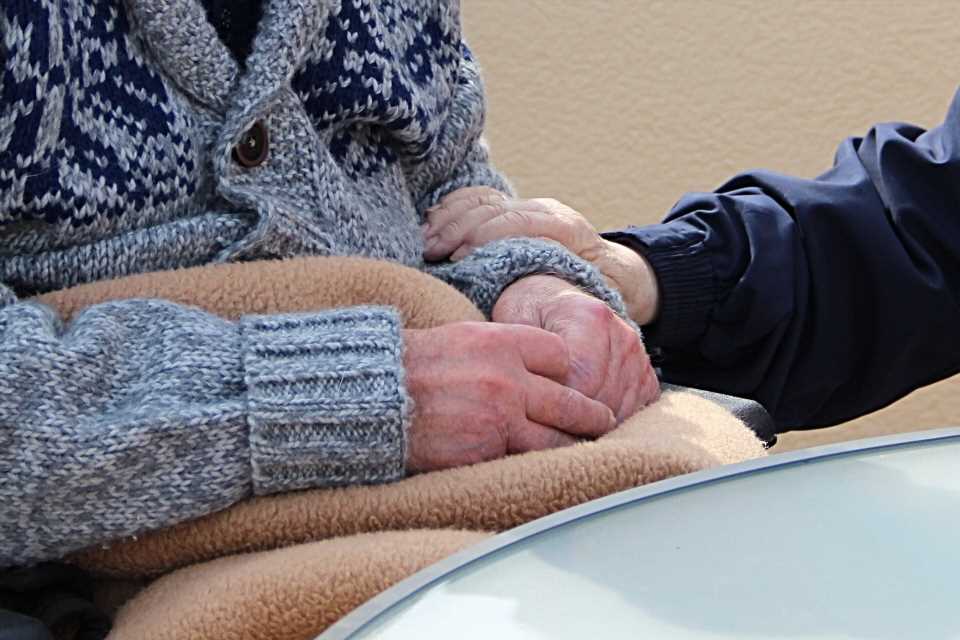
New research by the University of Nottingham estimates that the care home sector in England was left with up to 19,000 fewer staff following mandatory COVID vaccines being brought in for workers in 2021.
The research, published in the journal Management Science, is the first piece of empirical evidence about the effects of compulsory COVID vaccination for care workers on take-up, staffing and mortality.
The experts found that the UK’s legal requirement for health and social care staff to be vaccinated against COVID-19 resulted in a 3–4% reduction in staffing—equivalent to 14,000 to 19,000 employees in elderly care homes in England.
In the UK, the policy was announced on the 16th June 2021, with the final deadline for all workers needing to be double-jabbed by the 11th November 2021—which has since been revoked (March 2022).
To track its impact, the Nottingham academics analyzed weekly data from March 2021 to March 2022, at local authority level on the percentage of elderly care home workers who were unvaccinated, on numbers of care home staff and on COVID-19 related deaths among residents.
Throughout this period, but especially at the final November 2021 deadline, the academics found reductions both in the percentage of unvaccinated workers in elderly care homes and in staffing numbers. The percentage of care workers in England who were unvaccinated was about 16% before the policy announcement, dropping to just 4 percent after the final implementation in November.
By November 2021 there were between 28,000 and 41,000 fewer unvaccinated staff working in care homes in England than had the mandate not been in place. However, the experts observe that much of this effect came at the expense of staffing.
They estimate the mandate caused a net reduction in staffing in elderly care homes of between 14,000 and 19,000 employees, around 4% of the total workforce. The academics say that, given that some unvaccinated staff will have been replaced by vaccinated staff, the total number of care workers who left their jobs because of the mandate was almost certainly much larger. They also noted a big increase in reliance on agency (rather than directly employed) workers over the same period.
More recent data on staffing levels suggest that at least some of the impact on staffing persisted even after the mandate was lifted. For example, by the start of June 2022, the total employed in elderly residential care was still about 2% lower than just before the mandate was announced in the previous year. Although this represented a recovery in staffing numbers from when the mandate was in operation, it was driven almost entirely by agency workers.
Although the English vaccine mandate ended in spring 2022, formal mandates and employer-based restrictions are still common in a number of countries including the U.S., Canada and Australia.
Professor David Paton, Professor of Industrial Economics in the Nottingham University Business School, said, “Our research suggests the vaccine mandate exacerbated the staffing crisis in care homes by driving unvaccinated workers out of the sector. Even worse, we find no evidence that the mandate saved any lives at all.
“The results of our study raise significant questions about the of states or employers insisting on Vocid-19 vaccination as a condition of employment in the care sector.”
Professor Sourafel Girma, Professor of Industrial Economics in the School of Economics at the University of Nottingham, said, “The issue of COVID vaccination is particularly sensitive in the case of elderly care homes given the high vulnerability of residents to COVID-19. At the same time, if a mandate results in care workers being sacked or choosing to leave their job, it may contribute to staffing difficulties. To date, policymakers concerned about this trade-off have had very limited empirical evidence on which to draw. Until now, there has been no attempt to use real world data to estimate the magnitude of any impact on uptake, staffing or mortality.
“Our research should help to inform politicians and managers in the care home sector about the value or otherwise of policies mandating vaccination for workers.”
More information:
Sourafel Girma et al, Covid-19 Vaccines As a Condition of Employment: Impact on Uptake, Staffing, and Mortality in Elderly Care Homes, Management Science (2023). DOI: 10.1287/mnsc.2023.4832
Journal information:
Management Science
Source: Read Full Article
